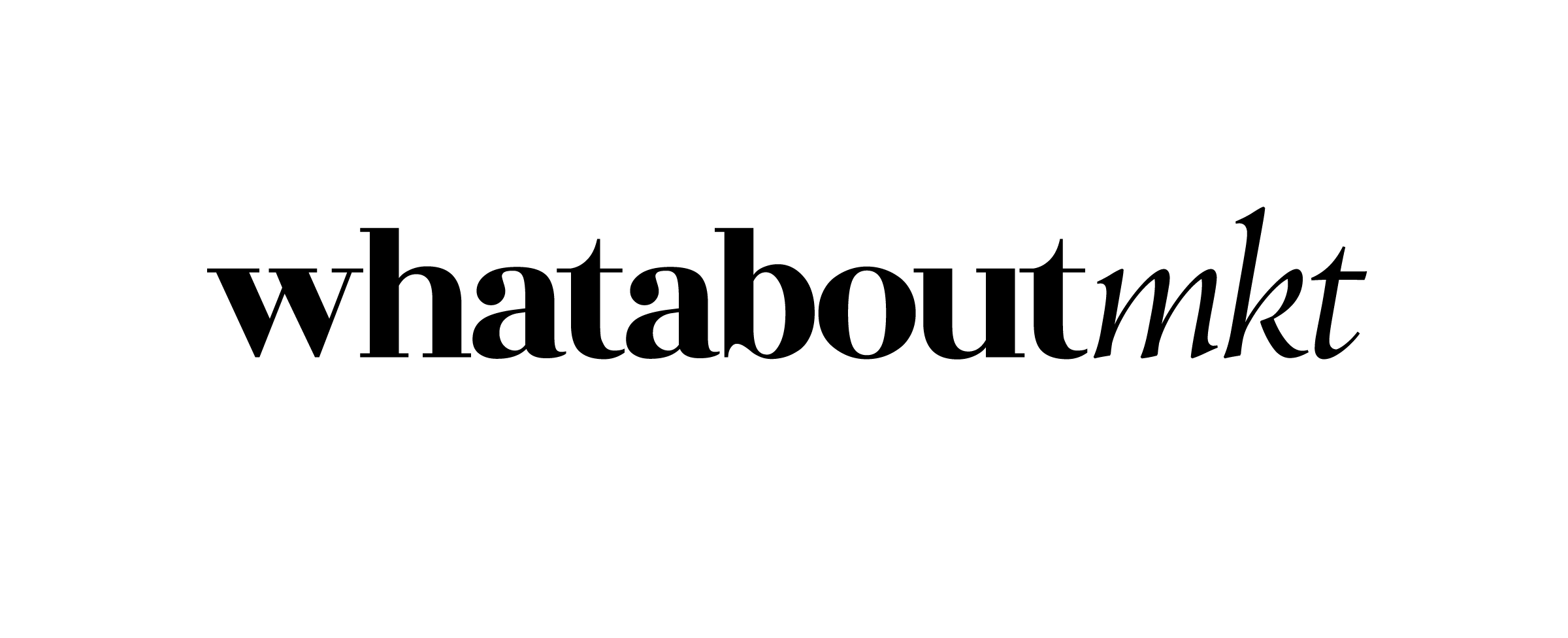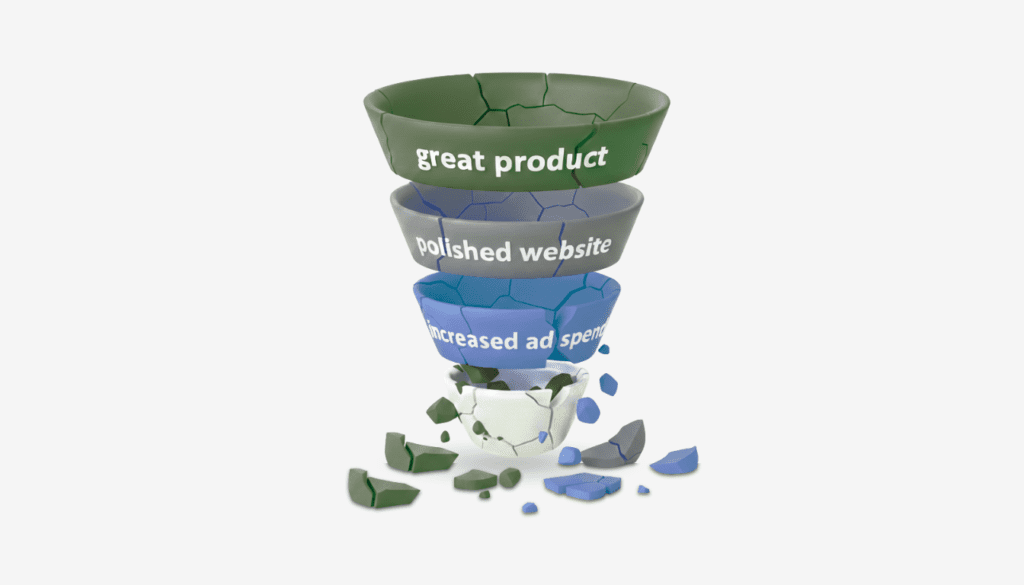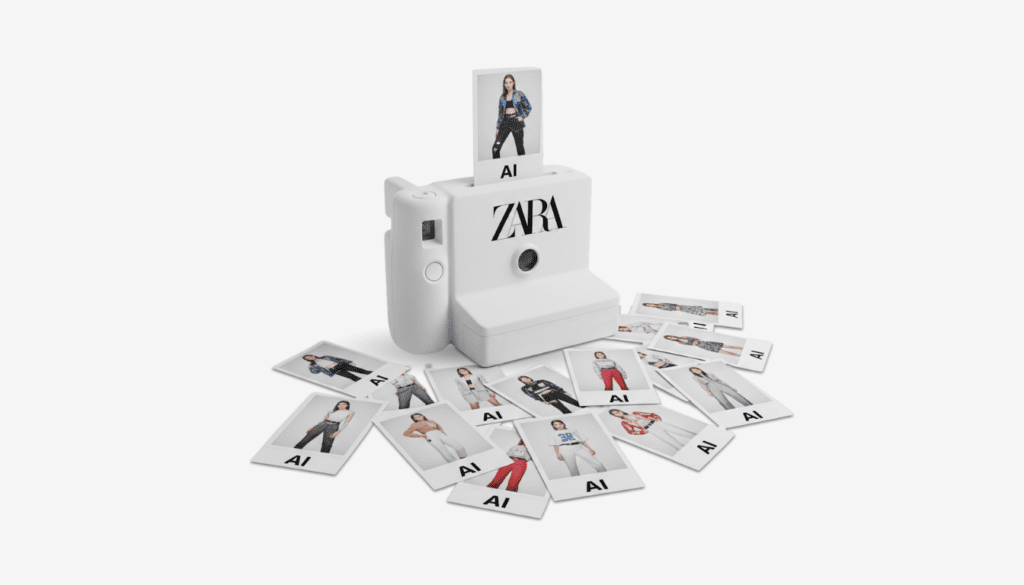UEFA’s recent decision to hand over the global marketing and commercial rights of its club competitions—including the Champions League—to Relevent Sports from 2027 to 2033 marks the most significant shift in the tournament’s promotional strategy in decades. The move ends a 35-year partnership with Switzerland-based Team Marketing, a company deeply entrenched in UEFA’s European-focused business model, and signals a shift toward a more globalized, digitally driven, and North America-friendly approach.
Relevent Sports, best known for organizing the International Champions Cup and handling LaLiga’s North American commercial operations, brings a distinctly U.S.-style approach to sports marketing. This transition underscores UEFA’s ambition to modernize its commercial strategies, integrate digital-first platforms, and explore expansion beyond its traditional European stronghold.
A Global Expansion Strategy Rooted in Digital and Streaming
One of the most immediate implications of Relevent’s appointment is UEFA’s accelerated push toward a digital-first media strategy. Traditional broadcasters like Sky Sports, BT Sport, and DAZN have long been UEFA’s primary commercial partners, but shifting media consumption habits—particularly among younger viewers—necessitate a fresh approach.
Relevent’s expertise in the U.S. sports market, where leagues such as the NFL, NBA, and MLB have successfully integrated streaming services into their media rights deals, suggests that UEFA will explore similar models. Potential partnerships with streaming giants such as Amazon, Netflix, YouTube, and Apple TV could redefine how Champions League matches are delivered to global audiences. Direct-to-consumer access, real-time interactivity, and additional digital content—such as behind-the-scenes documentaries and augmented reality experiences—are likely components of this shift.
This strategy aligns with a broader trend in sports broadcasting, where traditional pay-TV models are challenged by digital platforms offering more personalized, flexible viewing experiences. For UEFA, it presents an opportunity to future-proof its media revenue streams while ensuring the Champions League remains relevant in an era where younger audiences consume sports differently.
Sponsorship Evolution and Brand Partnerships
Beyond broadcasting, Relevent’s influence is expected to extend into UEFA’s sponsorship and commercial partnerships. The American sports marketing model heavily emphasizes brand activations within digital spaces, leveraging emerging technologies such as virtual reality, NFTs, and interactive social media campaigns.
Relevent’s track record suggests that UEFA’s sponsorship portfolio could expand beyond its traditional European-focused partners, such as Heineken and Mastercard, to include U.S.-based tech, lifestyle, and fintech brands. Companies like Nike, Google, Meta, and Fanatics could enter the fold, offering new avenues for fan engagement and monetization.
UEFA could create highly targeted, personalized brand experiences tailored to different demographics and markets by adopting a data-driven approach to sponsorships. This would enhance the value proposition for sponsors and create more profound, immersive interactions for fans.
The North American Expansion and the Prospect of a U.S.-Hosted Final
The most commercially tantalizing possibility arising from UEFA’s partnership with Relevent is the potential hosting of a Champions League final in the United States. While UEFA has yet to confirm any such plans, the mere speculation of a final being played on U.S. soil has already sparked intense debate among football purists and commercial strategists alike.
Relevent’s experience organizing high-profile European club friendlies in North America—such as the International Champions Cup—positions it as a key player in UEFA’s efforts to expand its regional footprint. Hosting a Champions League final in a city like New York, Los Angeles, or Miami would unlock massive commercial opportunities, from ticket sales to corporate sponsorships and media rights bidding wars.
A U.S.-based final could emulate the Super Bowl model, transforming the event into a week-long commercial spectacle that extends far beyond the 90 minutes of play. Luxury hospitality packages, entertainment-driven brand activations, and a more significant presence of American sponsors would elevate the Champions League final to new commercial heights. However, UEFA would need to carefully manage this transition to avoid alienating its traditional European fanbase, which may view such a move as a step too far in the commercialization of the competition.
Balancing Innovation with Tradition
While this partnership’s commercial and marketing potential is undeniable, UEFA must carefully balance modernization with football’s deeply rooted traditions. The European football landscape is notoriously resistant to American-style commercialization, as evidenced by the backlash to the failed European Super League in 2021. Any drastic shifts—such as moving the Champions League final outside Europe—could trigger significant fan resistance.
Moreover, the shift to a streaming-first model must be managed strategically to avoid alienating traditional broadcasters and viewers who still prefer linear television. A hybrid model that integrates both traditional and digital platforms may be necessary to ensure accessibility across all demographics.
Additionally, while Relevent’s expertise in the North American market is well-established, its ability to navigate the diverse commercial landscapes of Asia, Africa, and Latin America will be a key test. UEFA’s global expansion strategy cannot be one-size-fits-all—it must be tailored to the specific media consumption habits, sponsorship landscapes, and fan engagement preferences of different regions.
A Defining Moment for UEFA’s Commercial Future
UEFA’s decision to transition from Team Marketing to Relevent Sports marks a defining moment in the evolution of its commercial strategy. The organization is positioning the Champions League for sustained commercial growth in an increasingly fragmented media landscape by embracing a more globalized, digital-first approach.
This move signals UEFA’s recognition that the future of football consumption is shifting toward interactivity, personalization, and accessibility across multiple platforms. Whether through streaming-first media rights deals, U.S.-style sponsorship activations, or a potential North American final, UEFA is betting on modernization.
The challenge now lies in executing this strategy without eroding the traditions that have made the Champions League one of the most revered competitions in world football. If UEFA and Relevent can balance commercial innovation and football authenticity, this shift could redefine how elite European club football is marketed, consumed, and experienced globally.









